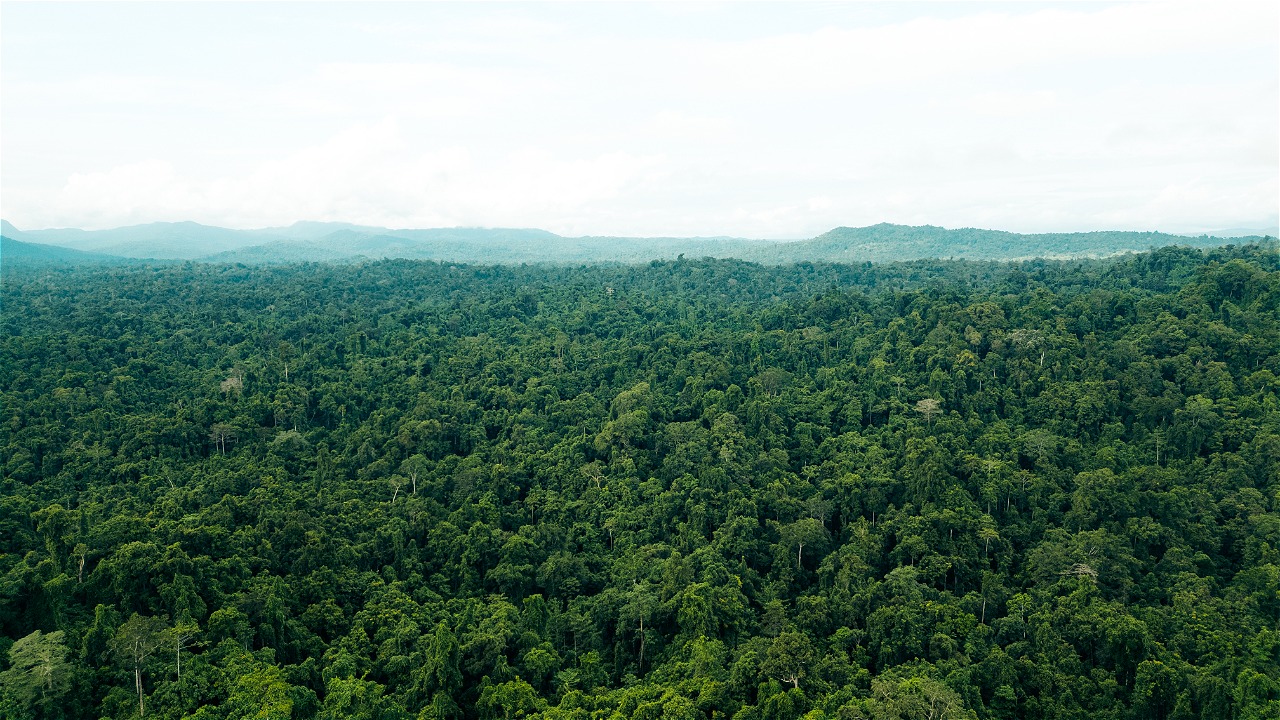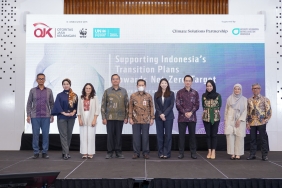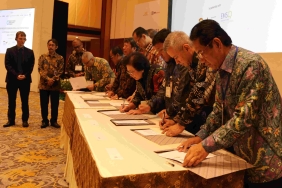EIGHT BIGGEST BANKS COMMIT TO SUSTAINABLE FINANCE
Jakarta, November 23 2015 - Eight banks with the largest assets are committed to pioneering sustainable banking. The commitment is outlined through the Pilot Project cooperation between the Financial Services Authority (OJK) and WWF-Indonesia entitled "First Steps to Become a Sustainable Bank". The eight banks are Bank Mandiri, BRI, BCA, BNI, Bank Muamalat, BRISyariah, Bank bjb and Bank Artha Graha International.
This commitment is a major step taken by these banks, just less than a year after the launch of the Sustainable Finance Roadmap by OJK on December 5, 2014.
This pilot project aims to support the preparation of bank competencies in relation to the targets in the Sustainable Finance Roadmap in Indonesia for the period 2014-2019. The targeted competencies are specifically the organization's ability to manage environmental, social and governance (ESG) aspects in its business decisions. Also to increase the portion of financing to business activities that are carried out in a sustainable manner,.
Muliaman D. Hadad, Chairman of the OJK Board of Commissioners, said "This major step taken by eight banks representing 46% of national banking assets is expected to encourage other banks and Financial Services Institutions to follow their lead to start implementing sustainable finance in Indonesia."
Efransjah, CEO of WWF Indonesia said, "With the commitment of banks in managing and implementing environmental, social and governance aspects, banks are also taking a role to improve the profile of corporate performance in Indonesia. In addition to establishing themselves as part of the sustainable banking industry, banks will also have the power to encourage their client companies to implement these environmental, social and governance aspects in their overall business processes."
"This pilot project makes available a conducive dialog space for sustainable banking practitioners by involving banking experts and practitioners as well as industry businesses to exchange expertise and experiences. Especially related to information about the bank's success stories in helping to address sustainable issues faced by its clients, which can be used as a reference, "explained Efransjah.
OJK together with WWF will assist these eight banks to start implementing sustainable finance systematically by taking a case example in the palm oil sector. The project will run for 1.5 years starting in January 2016. "The palm oil sector was chosen to be studied more deeply because this sector is often associated with environmental issues. Banks can play a role in improving the profile of this industry so that this commodity can continue to be a mainstay of the national economy," said Edi Setijawan, Deputy Director of OJK's Indonesian Banking Architecture.
As part of the pilot project, participating banks will receive a series of technical assistance including the identification of ESG risk profiles of banks from various sectors and how to develop a framework to mitigate ESG risks. This process will also capitalize on opportunities identified through limited discussions with banking experts, as well as industry players.
In preparation for sustainable finance regulations in 2016, OJK and WWF have also developed a guidebook entitled 'Environmental, Social and Governance Integration: A Start-Up Guide for Banks'.
The active role of banks, OJK and WWF Indonesia is carried out in order to encourage the integration of ESG gradually until finally the practice of banks and other Financial Institutions in Indonesia can achieve the best performance standards for ESG aspects.
Further information:
Edi Setijawan, Deputy Director of Indonesian Banking Architecture, Financial Services Authority
Phone: +62-811-140-211, Email: e_setijawan@ojk.go.id
Rizkia Yudawinata, Responsible Investment Policy, WWF-Indonesia
Phone: +62-811-234-4343, Email: rjoedawinata@wwf.or.id





